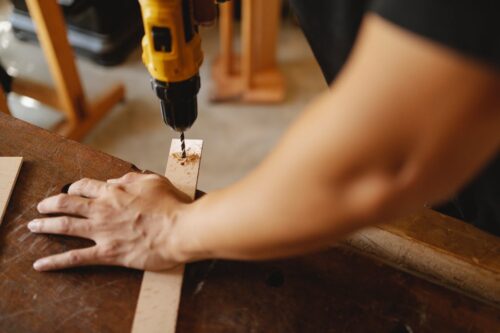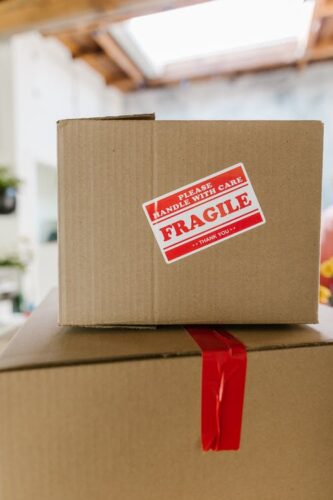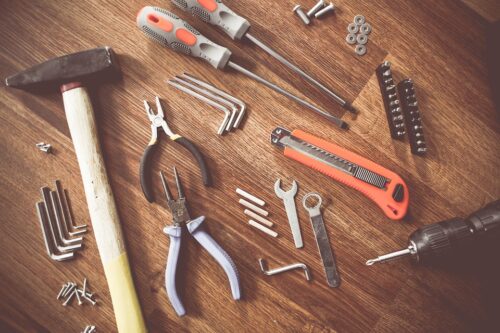
There’s no denying that some parts of the country are more prone to severe storms and hurricanes than others. For example, places like Florida, Texas, and North Carolina typically have major storms, hurricanes, and other extreme weather conditions each year.
As you can imagine, many properties get damaged during such harsh weather conditions, and, sadly, some people lose their lives when debris attacks them.
Moving to a “safer” part of the country can be one way to avoid the problem. But, it’s also possible to make your home storm-proof if you live in an area where storms and extreme weather conditions are commonplace.
Take a look at the following examples for some inspiration:
Install Some High-Impact Windows
As you can appreciate, your windows will usually be the first things that get damaged by stormy weather – or, to be precise, flying debris caused by it. It’s worth strengthening your glass with some high-impact windows.
High-impact windows are ones designed to withstand damage from flying debris, typically at a rate of up to 150 mph. They also contain heavy frames that help keep the glass secured in place during extreme weather conditions.
If you search for high-impact windows near me, you’ll likely discover some companies that can install those windows at your home.
Strengthen Your Doors
One of the things that many homeowners fail to do is ensure their exterior doors and garage doors are strong enough to withstand storm conditions. If all entry points aren’t impact-rated, strong winds can easily lift them off their frames and expose the inside of your home.
That’s why it’s a good idea to upgrade your doors to strong, impact-rated ones. Again, you’ll likely come across local businesses that can install impact-rated doors for your home’s entry points and your garage.
Upgrade Your Roof
It’s no secret that strong windows can easily uplift a home’s roof, irrespective of how well built it was. With that in mind, you need to look at ways of securing your roof so that it doesn’t get blown away if your home goes into the eye of a storm.
One way to do that is by reinforcing your roof. For example, special steel clips explicitly designed for homes located within hurricane or storm areas will ensure your roof remains connected to the rest of your house.
Another option is to consider installing a metal roof. In some places like Louisiana, metal roofs make a lot of sense because they are the best roofing material available that can withstand high winds and projectiles launched in the air.
If you don’t like the idea of having a metal roof, you could alternatively invest in architectural shingles as they are just as strong for storm-proofing purposes. It’s worth discussing your requirements with a roofing contractor as they can likely give you other alternative options.
Conclusion
If you live in an area where storms, hurricanes, and other severe weather conditions are commonplace each year, you must take steps to ensure your house can withstand strong winds and flying projectiles and keep your home safe for your family.




















